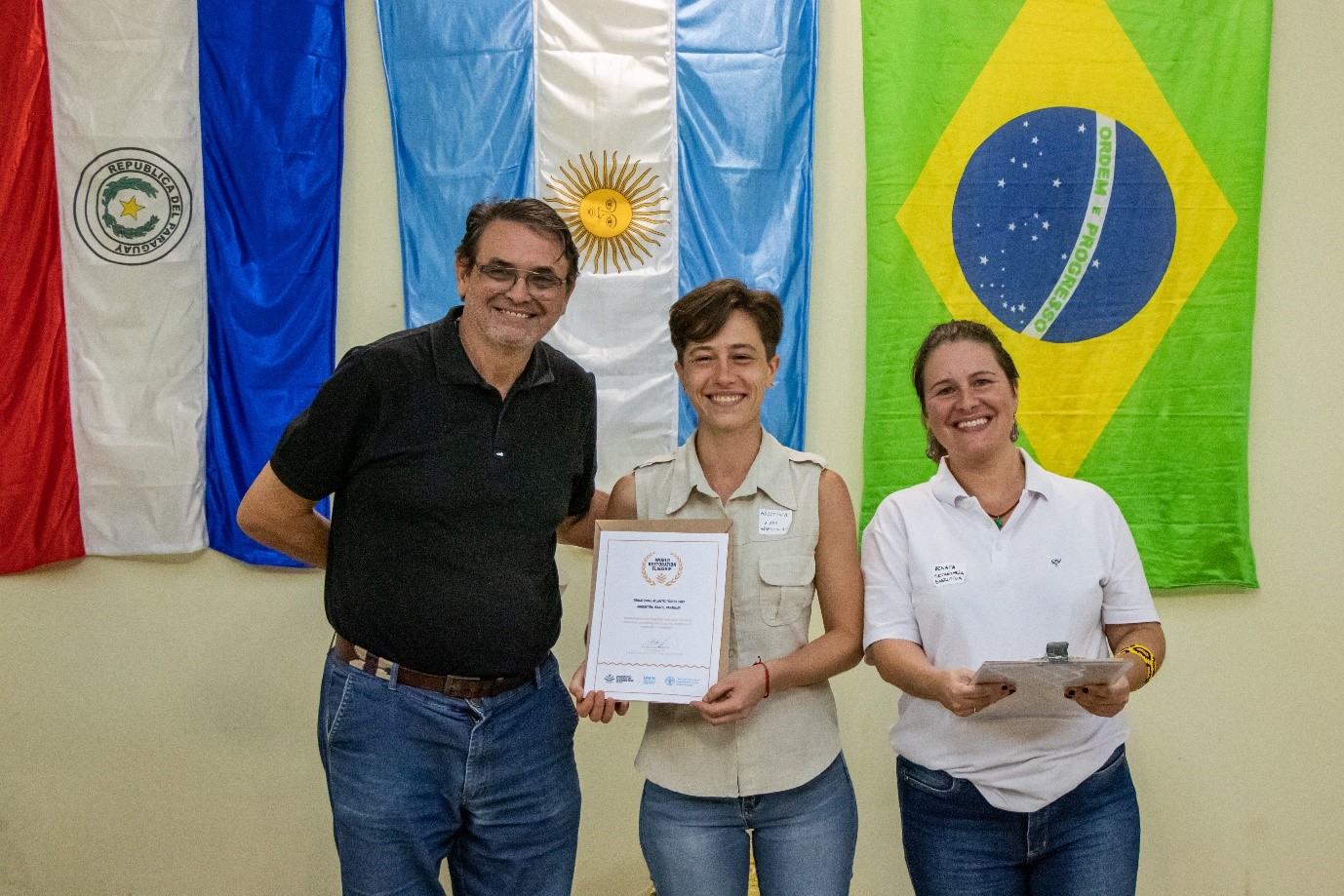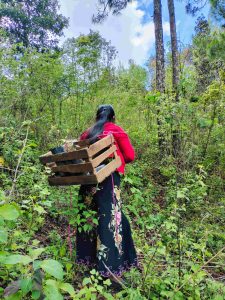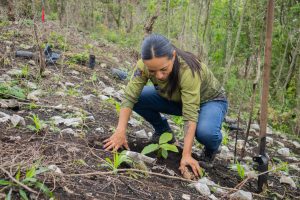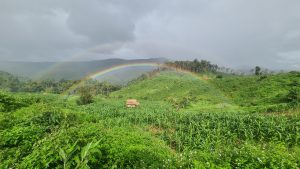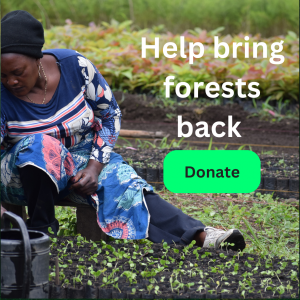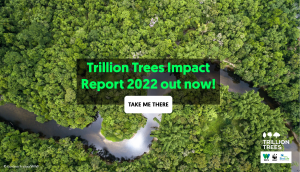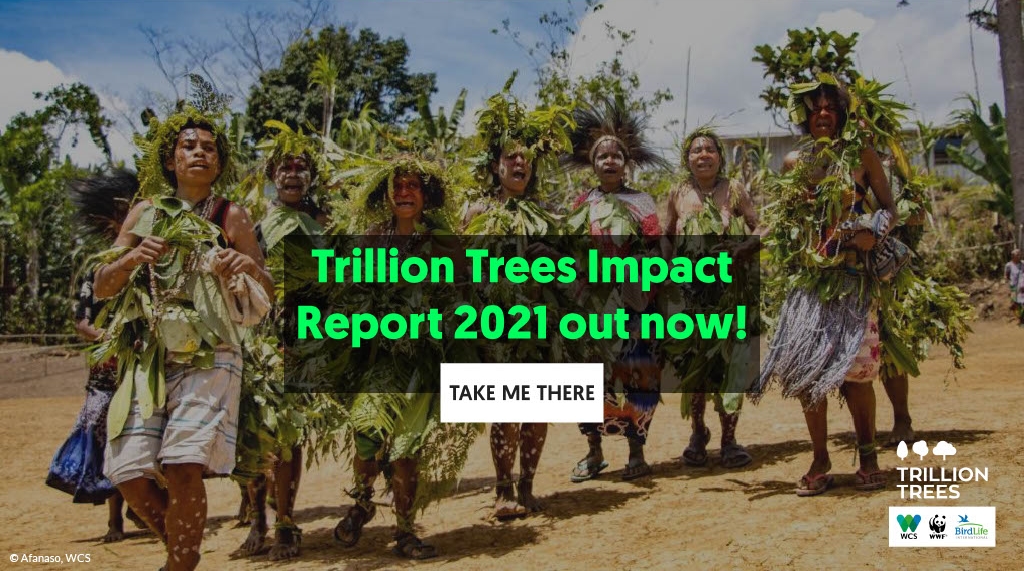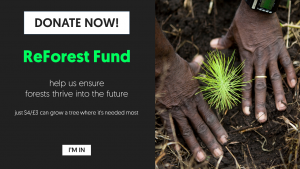My name is Juan Pablo Cinto, and I have always been deeply passionate about environmental conservation and restoration. With a background in forestry engineering and a specialization in environmental law, I have dedicated 32 years of my professional life to this cause. Currently, I am fully immersed in the Trillion Trees Project within the Atlantic Forest, working hand in hand with Aves Argentinas, focusing on restoration and sustainable use.
For me, working on the restoration and conservation of the Atlantic Forest is almost a mandate. This ecoregion has suffered for many years, for decades, from the exploitation or unsustainable use of its natural resources. A large part of this ecoregion, in this case in Argentina, requires restoration precisely to recover those ecosystem services that have been lost or degraded. Part of our role is to find partners who want to join our restoration initiative. We look for both governmental and private partners, local to the key areas for biodiversity conservation (potential KBAs) that Aves Argentinas has identified according to IUCN standards. . Collaborating withthese partners, we aim to restore and enhance the ecosystem services which have been lost or degraded over the years.
Right now, we are building a network of allies to achieve a goal: in two years, we hope to have restored 87,000 trees in this ecoregion. In addition, we are actively working on another initiative called “Cultivo Amigo de las Aves” (in English, ‘Bird-Friendly Crop’), - we look to identify crops produced which can actively contribute to the conservation of the Atlantic Forest. The principal crop we are working with is yerba mate - a fundamental part of the economy of the province of Misiones. Yerba mate, a plant native to the Atlantic Forest, holds cultural significance and serves as a link to the region – it's is a direct cultural heritage of the Guaraní, Indigenous Peoples who come from this area. There are many Guaraní groups, but they all had in common yerba mate, which in the Guaraní tradition, was a gift given by Tupã, the god of the Guaraní, to provide them with energy and improve their days.
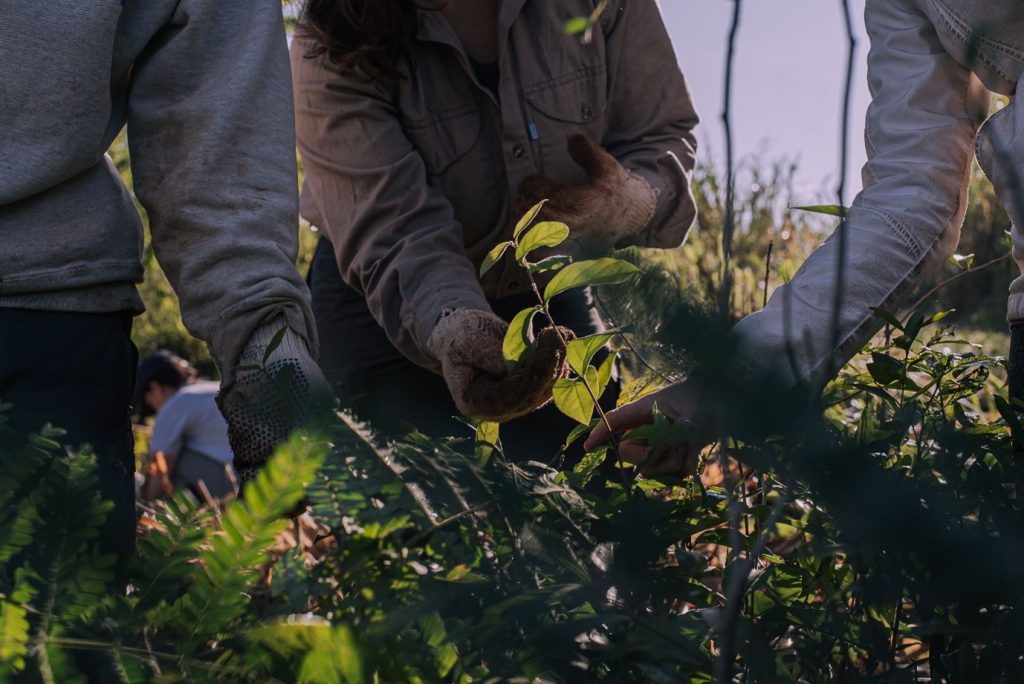
Through this initiative, we seek to highlight this incredible heritage:we focus on identifying organic, agroecological, or “traditional” yerba mate producers that contribute to forest conservation. To distinguish these producers; we grant them with the Bird-Friendly Crop or ‘K’ seal. One of the objectives of this seal is to improve the income of yerba mate producers through a differentiated price precisely because of this link between production and conservation. The first cooperative to join this mechanism was “La Abundancia,” an agricultural cooperative that created the Arapeguá brand (a name of Guaraní origin) through which they market yerba mate certified with the ‘K’ seal.
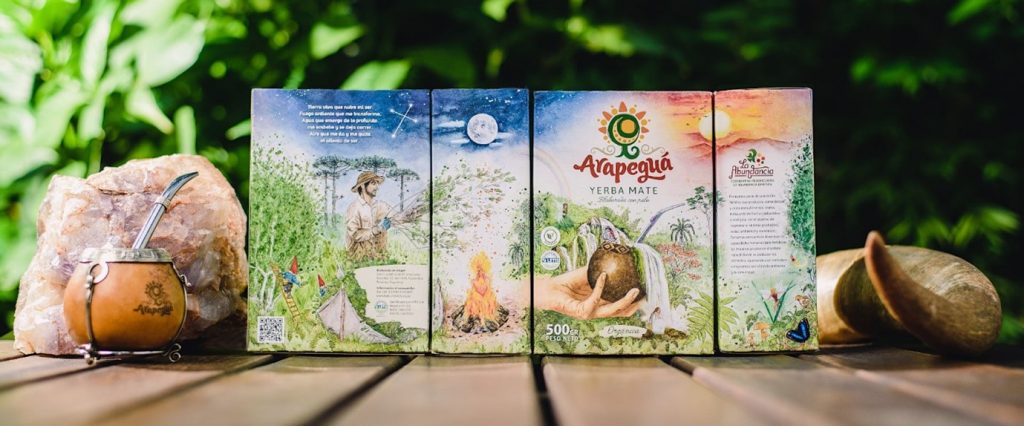
Apart from working hand in hand with yerba mate producers, we also focus on working with the consumers, who ultimately decide what type of mate is produced. . In that sense, my work extends to educating producers and consumers, aiming to raise awareness about the importance of conservation and sustainable practices. By fostering a connection between yerba mate production and forest conservation, we strive to influence consumer choices positively.
Furthermore, my involvement in the restoration project since 2019 has been transformative. We have developed a comprehensive restoration guide distributed free of charge among producers, partners, allies, and academia. This guide seeks to show that restoration is much more than just planting, emphasizing ecosystem restoration through natural regeneration, soil recovery, watershed management, and wildlife conservation. This holistic approach aims to restore the lost ecological balance of the Atlantic Forest. Also, collaborating with the Trinational Network for Atlantic Forest Restoration, spanning Argentina, Brazil, and Paraguay, we address the shared challenges of our ecoregion. In addition, advocating for legislative changes to prioritize restoration in natural resource management is crucial to our work.
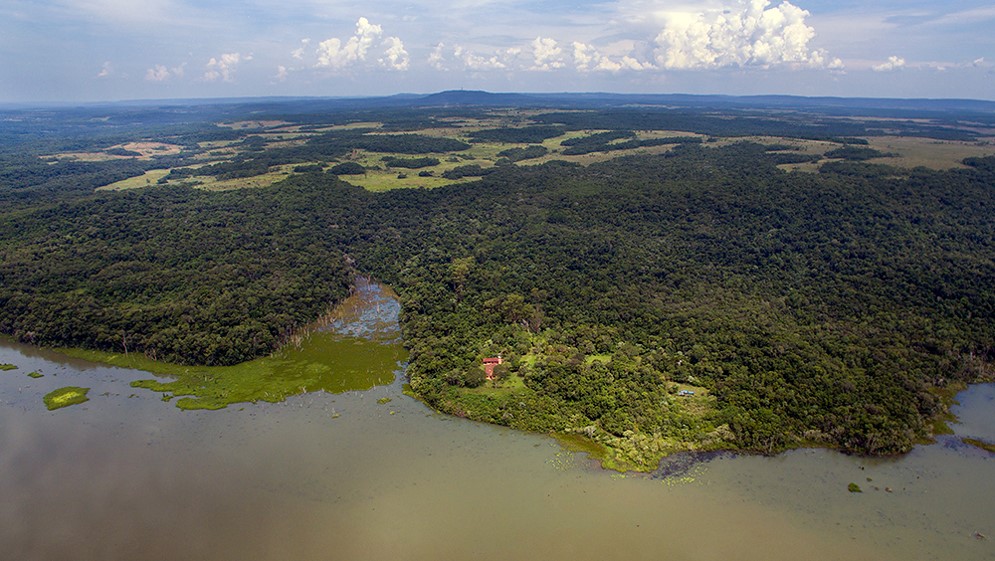
My environmental conservation and restoration journey has been marked by a deep commitment to preserving biodiversity, restoring ecosystems, and fostering sustainable practices. Through initiatives like the Trillion Trees Project and the Bird-Friendly Crop program, I strive to make a lasting impact on the Atlantic Forest and its communities, bridging the gap between conservation, culture, and sustainable development. I hope that these initiatives can be valued by society and governments and incorporated into policies. But mainly, I hope that the new generations will take the lead and take this path. And that this sustainability is fostered and maintained through work between generations.
Trillion Trees has helped BirdLife partners in Argentina (Aves Argentinas), Brazil (SAVE Brasil) and Paraguay (Guyra Paraguay), to secure the protection of over 78,000 hectares of the Atlantic Forest, reaching formal conservation agreements with 25 landowners, and providing training in sustainable agriculture and marketing for over 80 people. Aves Argentinas has also developed a forest-friendly certification program for Yerba Mate, called Yerba CAA (Bird-friendly crop) which aims to provide a market-based incentive to producers who protect standing native forests on their properties or allied properties.

